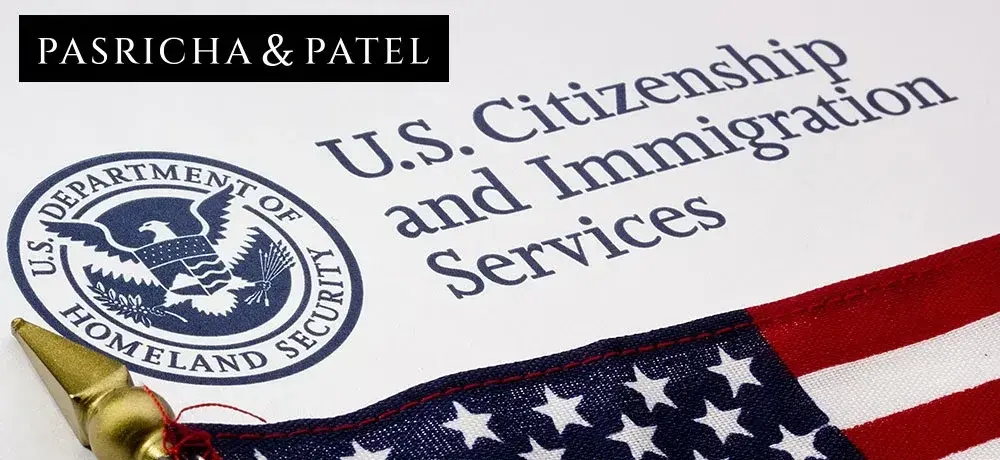
USCIS Streamlines Family-Based Conditional Permanent Residence Guidelines
Categories: Attorneys , Citizenship , Green Cards , Law Firm , Lawyers
As of December 12, 2023, the U.S. Citizenship and Immigration Services (USCIS) has revamped its policy manual focusing on family-based conditional permanent residence. With this update comes clarification on eligibility, filing, and adjudication for Form I-751, Petition to Remove Conditions on Residence.
According to the Immigration Marriage Fraud Amendments of 1986, an individual receives permanent resident status on a conditional basis for two years if their status is based on a marriage which took place less than two years before obtaining legal permanent status. Typically, Form I-751 must be filed with USCIS within 90 days before the two-year anniversary of obtaining conditional permanent resident status.
With this policy update, USCIS clarifies that individuals whose conditional permanent resident status is terminated for not filing Form I-751 in a timely fashion with USCIS may still adjust their permanent resident status on a new basis. This could mean the applicant is pursuing a new adjustment of status petition via marriage-based immigrant petition along with other immigrant categories or basis of adjustment (i.e. immediate relative; VAWA self-petitions). However, before approving a new adjustment of status application, officers will still need to confirm through USCIS systems that the noncitizen's CPR status has been terminated.
Furthermore, USCIS also states what a CPR must do to change basis of filing in situations where a CPR is unable to meet joint filing requirements. In certain cases, a CPR may request a I-751 waiver application. The basis for applying for this waiver is established on one or more of the following situations:
- A CPR entered the qualifying marriage in good faith, but the marriage had been terminated due to the death of the petitioning spouse or the marriage ended in divorce or annulment (or in the case of the CPR child, the death, divorce, or annulment of the stepparent’s marriage)
- A CPR entered the qualifying marriage in good faith, but during the marriage the petitioning spouse subjected the CPR spouse or the CPR spouse’s child to extreme battery or cruelty.
- A CPR’s permanent resident status and removal from the United States would cause extreme hardships.
A CPR who submitted Form I-751 under a different category can switch to or include extreme hardship as a basis of requesting a waiver by informing USCIS either in writing or during the I-751 interview. Similarly, a CPR who initially applied for Form I-751 using extreme hardship as a waiver can switch to or add another waiver basis by notifying USCIS the same way.
However, if a CPR desires to change from an extreme hardship waiver to a joint filing, they must submit a new Form I-751 jointly with their spouse or stepparent, as the prior form is no longer usable because it did not include the joint filer’s signature.
This guidance update will help CPR applicants understand the different basis that they can rely on to file for I-751 application for themselves and their dependents. As this is an ever-changing matter that involve time sensitive filing with the USCIS, it is crucial that individuals navigating the immigration process stay up to date with any further policy changes. We encourage readers to check in with our website for regular updates regarding this matter.